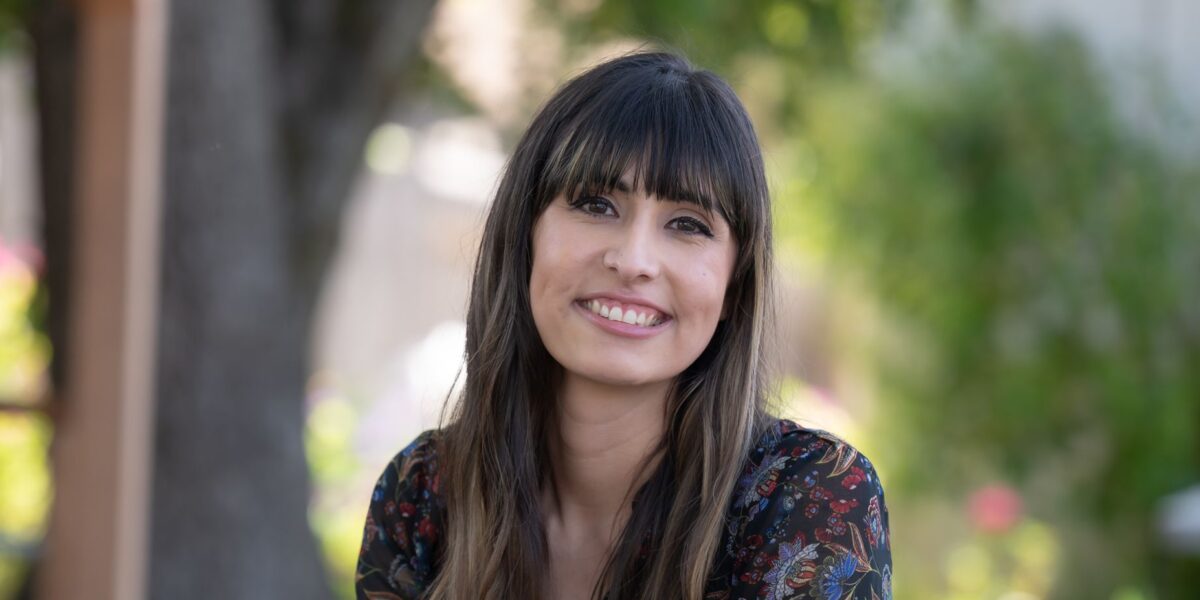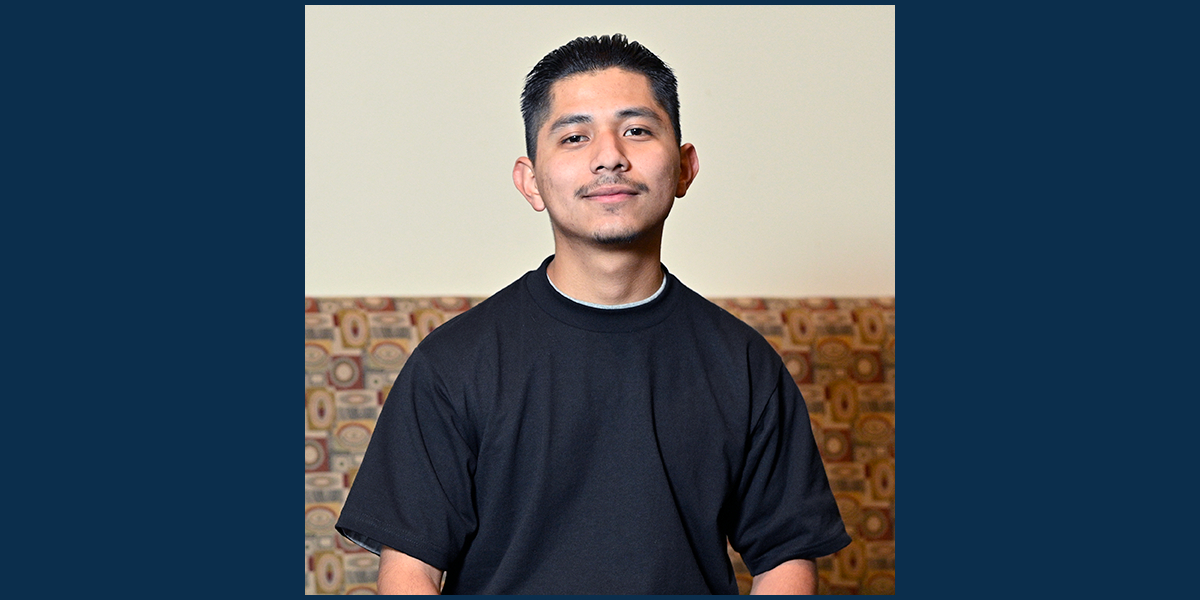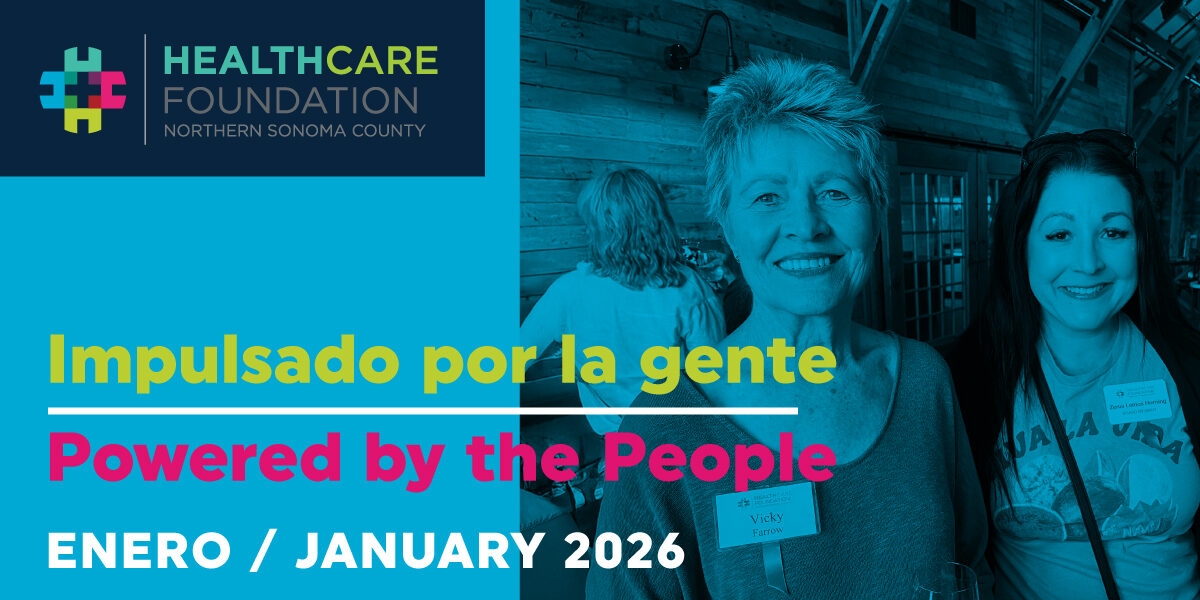

Meet Mental Health Talent Pipeline Scholarship Awardee Catalina Frausto
Catalina Frausto has always been interested in a career helping others. Today, she's earning a master’s degree in counseling psychology at USF.
Catalina Frausto has always been interested in a career helping others. The inspiration has roots in some of her earliest experiences and role models.
“I had a therapist when I was little when my parents were getting divorced,” she relates. “I remember the time with the therapist was really special to me. When I looked back on it I thought, that would be a great career. To just talk to kids, to see how life is going and if I can help them in any way.”
Later, an elementary school counselor made another positive impression.
“He would come into our class, and would talk about life lessons, how to treat others like you would like to be treated. And I would talk to him about what was going on in my own life,” she says. “He was someone who I looked at and thought, I would really like to do what he’s doing.”
Today, Catalina is earning a master’s degree in counseling psychology at the Santa Rosa campus of the University of San Francisco. Having completed her coursework, and with support from the John Jordan Foundation, she is spending her third and final year in the program as a bilingual trainee with Support Our Students Community Counseling (SOS), which was established in 1993 to support the mental health and wellbeing of Sonoma County youth. Catalina is working in the program’s school-based Cloverdale branch.
As it turns out, her old elementary school counselor also works there, a coincidence Catalina relates with delight. “It was a full-circle moment,” she says.
The first in her family to graduate from college, and now the first to pursue an advanced degree, Catalina is an enthusiastic learner. This makes her school-based traineeship at SOS feel all the more natural, she says. In addition to working with high school and middle school students, moreover, she is set to begin working in SOS’s new Cloverdale clinic, which offers mental health services and counseling to the wider community.
“I wanted to do my part. I wanted to be able to be a resource. I know sometimes mental health services aren’t easily accessible for Spanish speakers.”
Catalina Frausto
As a scholarship recipient in the Healthcare Foundation’s Mental Health Talent Pipeline program, Catalina’s education and traineeship help to address a dearth of bilingual and bicultural mental health services in northern Sonoma County. A native of Sonoma County herself, whose parents immigrated from Mexico, Catalina says she’s especially glad to be giving back to her local community.
“It’s really cool to be able to stay in the place I grew up and that I know very well,” she says. “To be able to help out the community and be able to do it close to home, it’s really special.”
Her background and native fluency in Spanish also help her bridge some of the stigma that she says can still attach to asking for mental health support in her Latinx community.
“I wanted to do my part there,” she says. “I wanted to be able to be a resource. I know sometimes mental health services aren’t easily accessible for Spanish speakers.”
Catalina speaks of her first two years in the master’s program as transformative, including the cohort system through which she bonded with her classmates and benefited from their own experiences and perspectives. At the same time, it was a rocky two years in the wider world, from the fires and power outages to the global pandemic, and she and her cohort inevitably went through that together as well.
“These were events that occurred for us and everyone around us,” she explains. “It just made it more evident how necessary mental health services are, because these events couldn’t be stopped. We all had to go through them in our own way.”
That collective experience, she suggests, may have gone some way toward reducing the reluctance in the community to seek support for mental health.
“I think it has opened a door for mental health services,” says Catalina. “Suddenly it was ok to admit you’re not doing alright. I think it has given people a little bit more allowance. It’s highlighted how important it is to treat your mental health just like you treat your physical health.”

Related News + Stories
Invest in Our Community
Your support is vital to our collective vision of eliminating health inequities in northern Sonoma County.
Donate



